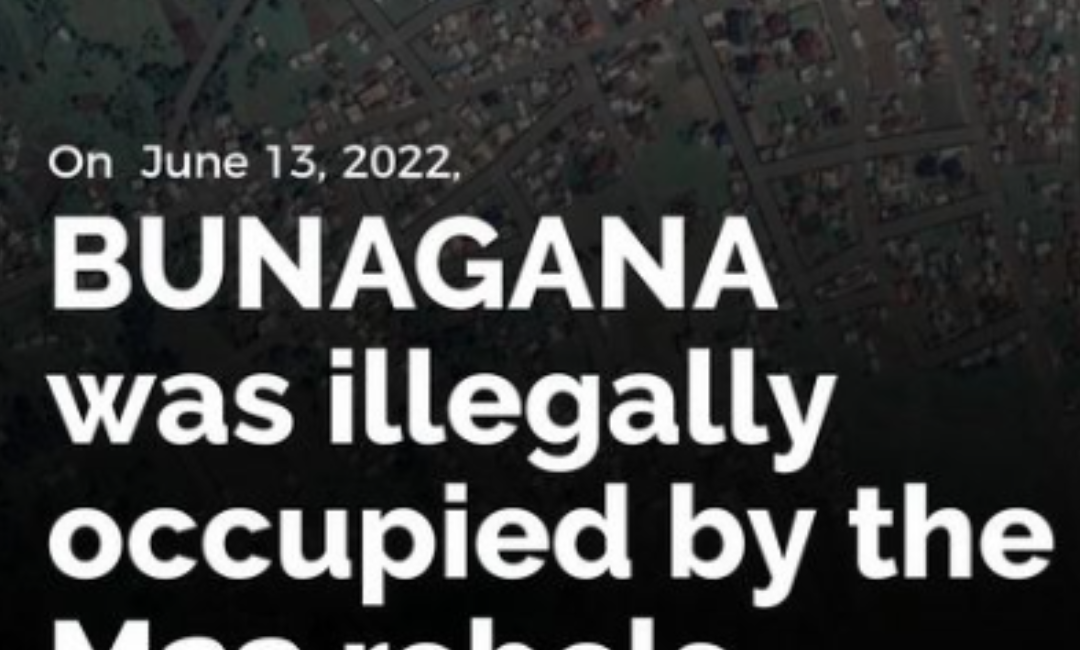The recent seizure of Bunagana, a key border town on the Democratic Republic of Congo (DRC)-Uganda frontier, by the M23 rebel group, has sent shockwaves through the region. Bunagana, a bustling hub of cross-border trade, now stands as a symbol of the ongoing instability plaguing the eastern DRC. This event raises critical questions about the motivations behind the M23 rebellion, its impact on the fragile peace between the DRC and Uganda, and the potential consequences for the wider region.
Understanding the M23 requires delving into the DRC’s long history of conflict, fueled by competition for its rich mineral resources. The group, composed of former Congolese soldiers, emerged in 2012, accusing the DRC government of failing to uphold a peace agreement. While a peace deal was eventually reached, simmering tensions and grievances persist. The capture of Bunagana signals a potential escalation of the conflict, jeopardizing the hard-won peace in the region.
The M23’s control of Bunagana disrupts the crucial trade artery between the DRC and Uganda. The town served as a vital gateway for goods and people, fostering economic activity on both sides of the border. The disruption of this flow of commerce could have significant economic repercussions for both nations, particularly for the local communities in Bunagana who rely heavily on cross-border trade.
A Regional Flashpoint: Escalating Tensions and the Risk of Spillover
The M23’s actions have reignited tensions between the DRC and Uganda. The DRC accuses Uganda of backing the rebels, a claim Uganda vehemently denies. This accusation has the potential to destabilize the already fragile diplomatic relations between the two countries. Furthermore, the presence of an armed group on the border raises security concerns, increasing the risk of armed clashes and spillover effects into neighboring countries, potentially destabilizing the entire region.
The Humanitarian Cost: Civilians Caught in the Crossfire
The human cost of the M23’s actions is often overlooked. The fighting has displaced thousands of civilians from Bunagana, forcing them to flee their homes and seek refuge in overcrowded camps. These displaced populations face dire humanitarian conditions, lacking access to basic necessities like food, water, and healthcare. Children are particularly vulnerable, at risk of being recruited into armed groups or exploited for labor.
International Action and Peaceful Resolution
The international community must play a proactive role in de-escalating the situation and fostering a peaceful resolution. This includes urging the M23 to withdraw from Bunagana, facilitating dialogue between the DRC government and the rebels, and providing humanitarian assistance to those displaced by the conflict. Additionally, addressing the root causes of the conflict, such as grievances related to the peace agreement and the exploitation of mineral resources, is crucial for lasting peace.
The situation in Bunagana highlights the complex challenges facing the DRC and the wider region. While the M23’s motivations may be rooted in legitimate grievances, their actions only exacerbate existing problems. A peaceful resolution that addresses all parties’ concerns is urgently needed to prevent further bloodshed and instability. Only through international pressure, regional cooperation, and a commitment to dialogue can the path towards lasting peace be paved, allowing both the DRC and Uganda to prosper and their citizens to live a life free from fear and exploitation.

